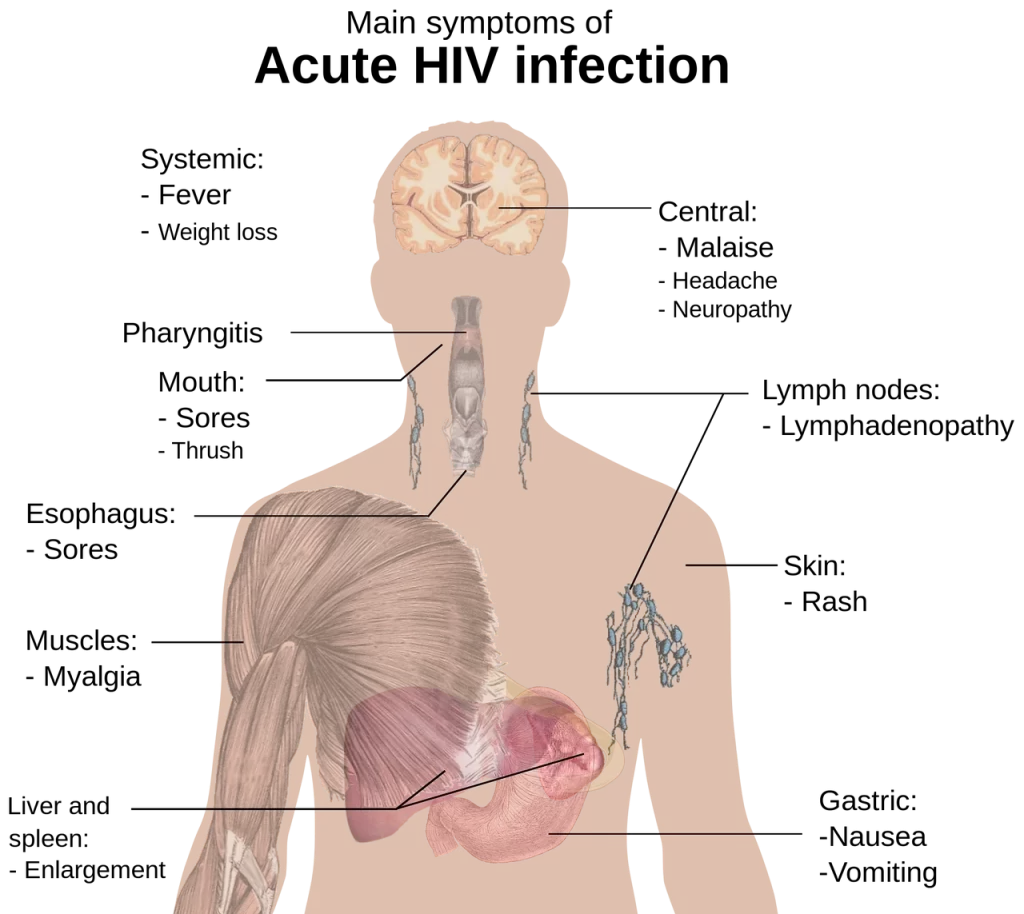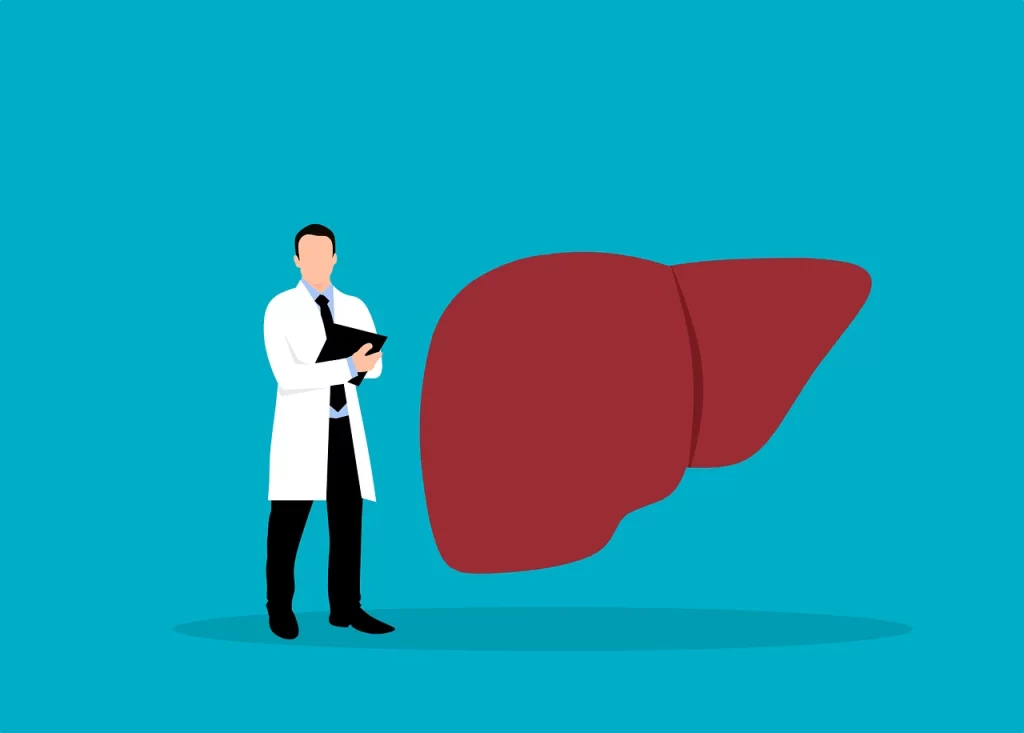
Mental health includes our entire social, psychological, and emotional well-being. It affects the way we think, act, and feel. In addition, it determines how we relate to each other, make healthy decisions, and handle our stress. It is important for us to maintain the wellness of our mental health; otherwise, it can lead to a mental health crisis.
Mental illness and mental health are not terms that are interchangeable. A person can get diagnosed with poor mental health but not a mental illness. Moreover, a person who suffers from mental illness may experience poor social, mental, and physical well-being.
What does mental health stand for?
World Health Organization emphasizes that mental health refers to a state of well-being in which a person realizes her or his own capabilities. This allows them to cope well under any type of circumstances. Besides, it allows them to work in a productive manner.
Mental well-being further allows these people to have their emotions under control. They can deal with the challenges in a manner that does not cause them any kind of mental pressure. This is why they are able to carry out their daily tasks effectively.
It is important for an individual to preserve their mental health. This is because, as per statistics, almost one in five adults suffers from mental health issues in the United States.
What are the symptoms of a mental health crisis?
The symptoms of mental health crisis are as follows.
- A feeling of hopelessness.
- Having low energy.
- Withdrawal from colleagues, family, and friends.
- Avoiding activities that help them feel joy.
- Having negative emotions.
- Sleeping too little or too much.
- Having suicidal thoughts.
- Using nicotine and alcohol frequently.
- Memories and thoughts that appear recurrently.
- Not in a position to complete regular tasks.
- Eating too little or too much.
What are the different types of mental health crises?
Mood disorders- This involves having continuous feelings of sadness or fluctuating between happiness and sadness. It can consist of bipolar disorder, self-harm, and seasonal affective disorder.
Anxiety disorder- People suffering from anxiety disorders respond to certain situations or objects with dread and fear. This can include phobias, panic disorders, and obsessive compulsive disorder.
Eating disorders- This disorder may involve attitudes, extreme emotions, and behaviors that involve food and weight. They can result in binge eating, bulimia, and anorexia.
Personality disorders- People who have inflexible and extreme personality traits that can cause stress to a person. This can further cause problems in their social, school, and work relationships.
Substance use and mental health disorders- These disorders often occur together and can result in substance abuse.
Psychotic Disorders- Psychotic disorders can cause different kinds of symptoms. This includes delusions and hallucinations. An example of such a psychotic disorder is schizophrenia.
Stress and trauma-related disorders- PTSD or Post-Traumatic Stress Disorder can be a result of a traumatic event like a bad accident, physical or sexual abuse, hurricane, and war. This may make people feel fear and stress after the dangerous period is over.
Behavioral disorders- Behavioral disorders consist of a disruptive pattern of behavior. This disorder mainly affects children for six months and affects their school, social, and home life. Some examples of behavioral disorders are Oppositional Defiant Disorder, Conduct Disorder, and Attention Deficit Hyperactivity Disorder.
Obsessive-Compulsive disorder- If you have an obsessive-compulsive disorder, you will have persistent bad thoughts over and over again. You will therefore repeat acts to cut off these thoughts. These repetitive actions are referred to as compulsions.
Conclusion
There are different ways you can manage your mental health crisis. For this, you can consult a psychologist and seek help. You can also tell them if you have any suicidal thoughts.
You can even try reaching out to family and friends and talking to them. Because no one can know you better than your family and friends do. They will be able to understand you and make you feel good.
Exercising and going for a walk can help to boost your mood. This will make you feel considerably better. So, you can try this regularly to keep your mental health in check.
Read More:
- The Keto Diet and Mental Health: Is There a Connection?
- Stress-Free Living: How to Balance Your Mind and Body with Herbs, Supplements, Yoga, and Meditation
- 5 Signs you may have liver disease
- How strenuous exercise can lead to better health






